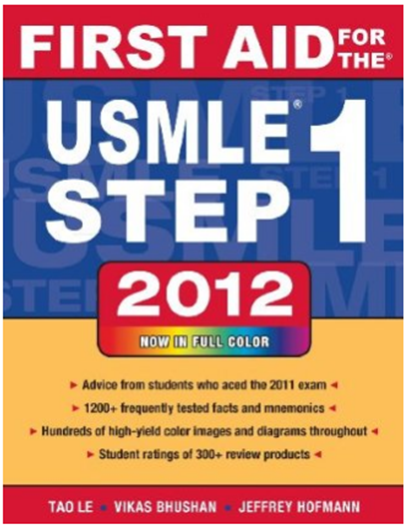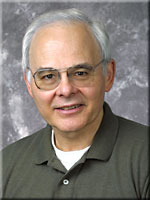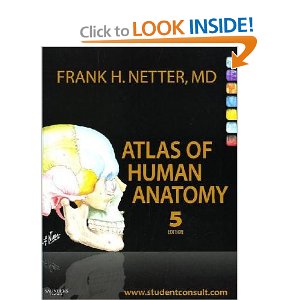This list is part of a series of articles about the best books for medical students. Click on the Med School Books Main Page to see other lists including the best books for each year in medical school, the best books for each clinical rotation, and the best books for USMLE Steps 1, 2, and 3.
Organ systems will be the focus of most medical students during their second year of medical school. My Top Ten list for second year students follows this trend. In addition, it is never too early to start focusing your studying toward the USMLE Step 1, so a number of my suggests reflect this. For real Gunners who want to have Step 1 review materials during the entire second year, I recommend the Kaplan’s USMLE® Step 1 Lecture Notes 2015 . As I have said in other posts, I am a fan of the Kaplan books. I am not paid by them, I just think they have a good product. Good Luck.
. As I have said in other posts, I am a fan of the Kaplan books. I am not paid by them, I just think they have a good product. Good Luck.
1. First Aid for the Basic Sciences, Organ Systems:
Organ Systems is similar to the First Aid book tailored for first year medical students, First Aid for the Basic Sciences, General Principles . The book is broad review of the systems based courses most often encountered during the second year of medical school. Some schools utilize a completely organ based system and this book might be useful during the first year as well. The First Aid series is a fantastic review tool and something to help drive home the most important points for your tests and for Step 1, but the First Aid series is never sufficient and should be supplemented with other materials. You can get a $40 discount if you buy both the Organ System books together on Amazon. Click Here: First Aid Basic Sciences (VALUE PACK) . The book is broad review of the systems based courses most often encountered during the second year of medical school. Some schools utilize a completely organ based system and this book might be useful during the first year as well. The First Aid series is a fantastic review tool and something to help drive home the most important points for your tests and for Step 1, but the First Aid series is never sufficient and should be supplemented with other materials. You can get a $40 discount if you buy both the Organ System books together on Amazon. Click Here: First Aid Basic Sciences (VALUE PACK)
|
|
2. Pharmcards:
Not only will these save you hours of time you would spend making your own flashcards, they have all the information you need for your first two years and Step 1. I used the Pharmcards brand (link to the right), however many students have told me great things about the competitor, Lange Pharmacology Flash Cards . .
|
|
3. Clinical Microbiology Made Ridiculously Simple:
A medical student favorite. Nearly everyone uses this book, and for good reason. It makes the 'bugs and drugs' months of med school much more concise and tolerable. It is also great preparation for Step 1.
|
|
4. Rapid Interpretation of EKGs:
A must for learning EKG and for reviewing EKG interpretation later in your schooling and career. I learned EKGs first with this book and I still use it for reference during residency. Great book.
|
|
5. High Yield Neuroanatomy:
One of the best of the fantastic High Yield Series (Amazon link). I also highly recommend High Yield Embryology (Amazon link). I also highly recommend High Yield Embryology , Immunology , Immunology , and Biostatistics , and Biostatistics for second year students. Each is rated very well by students. for second year students. Each is rated very well by students.
|
|
|
You will benefit from a basic pathology book during your second year. Use it to get a broad understanding of each subject at the beginning and end of each class you take. I prefer the BRS book, but many students prefer the Goljan Pathology book. Later in this list I will suggest a full path textbook, but this is more for reference than studying. book. Later in this list I will suggest a full path textbook, but this is more for reference than studying.
|
|
7. Lippincott's Microcards:
Like the Pharmcards discussed above, I found these flashcards to be high yield and very efficient. You will save time by not making your own flashcards and they have all the necessary information.
|
|
8. First Aid for Step 1:
You should buy this book early in medical school and make it your regular study companion. They publish a new version each year, it is probably not a bad idea to get one edition early and another one to study with for Step 1. Remember, your first two years are there to prepare you for Step 1.
|
|
9. Robbins Pathologic Basis of Disease:
Large pathology texts can be dense, but they can be fantastic reference material. I have many times used this book when I have tried to learn a new concept or disease pathophysiology. The Robbins text is well written and easy to understand. It has always had the answer I was looking for.
|
|
10. BRS Physiology:
I like the BRS series. I did not learn about them until I began studying for boards. I wished I had bought them earlier because they are a great way to get a broad picture of organ systems and can really help put everything together. My knowledge of physiology and pathology were much more clear after reading the BRS books.
|
|
. As I have said in other posts, I am a fan of the Kaplan books. I am not paid by them, I just think they have a good product. Good Luck.








 My name is Andrew and I am a first year resident training to be an ophthalmologist. I created ShortWhiteCoats to provide medical students, residents, and the public with all the information I spent so many hours looking for during medical school.
My name is Andrew and I am a first year resident training to be an ophthalmologist. I created ShortWhiteCoats to provide medical students, residents, and the public with all the information I spent so many hours looking for during medical school.








4 comments
Skip to comment form ↓
Anonymous
February 5, 2016 at 10:36 am (UTC -4) Link to this comment
plz give me bio nots and mcqs
Andrew
March 27, 2016 at 10:58 am (UTC -4) Link to this comment
I wish I could.
Anonymous
December 3, 2016 at 10:43 pm (UTC -4) Link to this comment
Is medical physiology by Guyton and Hall a good read for usmle?
Andrew
April 16, 2017 at 1:50 am (UTC -4) Link to this comment
Good question. I have not read it. Does anyone have any experience with these books?